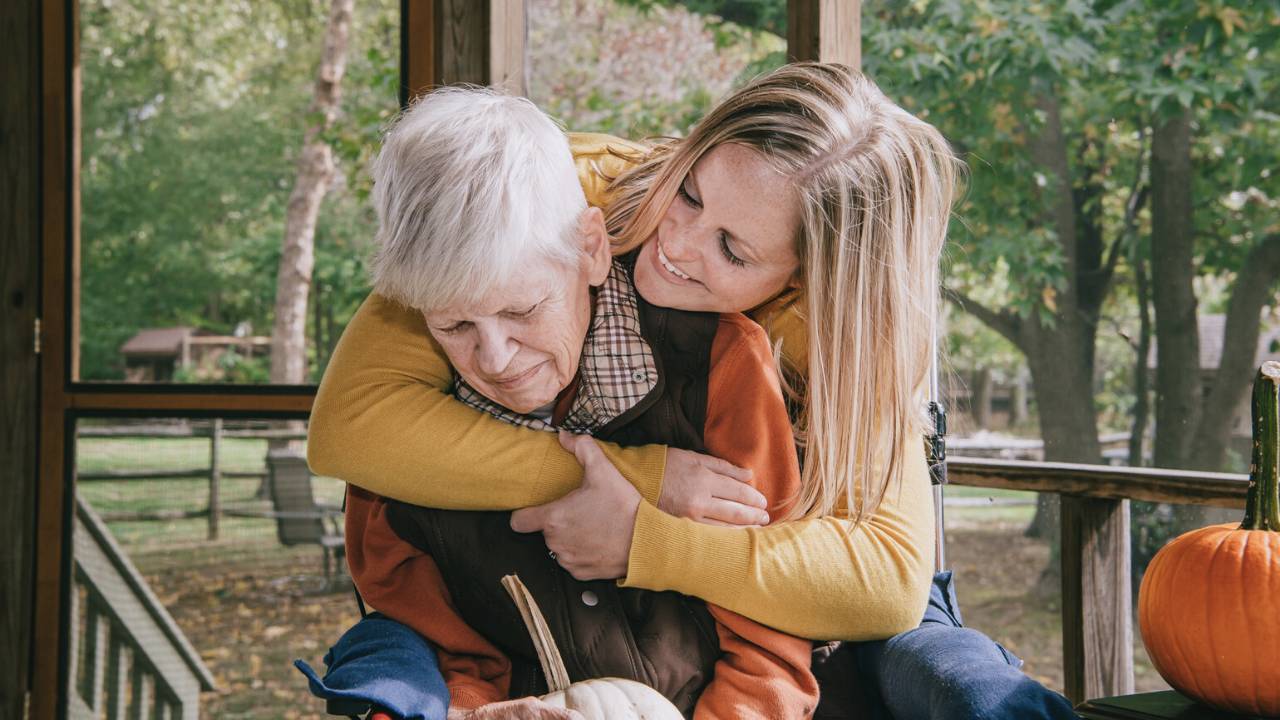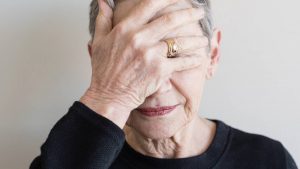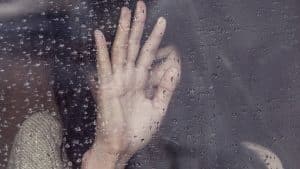Lauren Dykovitz was sitting vigil by her mom’s bedside while she was on hospice with end stage Alzheimer’s Disease during COVID. Lauren would imagine people lining up out the door at her mom’s funeral and her biggest fear was that her mom would die during COVID and wouldn’t get the funeral she and her family had dreamed of … she was right.
I’ve created this two-part series on grief to give public affirmation and acknowledgement that there are many of you out there who are grieving. Today’s podcast is my way of honoring you and your loved ones. And to make sure that nobody is alone with grief and bereavement during COVID.
In today’s podcast to help us understand grief during COVID, I have the privilege of interviewing Lauren Dykovitz. If you’ve been following me for a while, you’ll remember that I interviewed Lauren for my Caring for Aging Parents Show on January 15, 2020. Lauren’s mom sadly passed away at the beginning of April due to complications of Alzheimer’s disease, during the Coronavirus pandemic.
Today Lauren has been gracious enough to share with us her experience of grieving her mom in the midst of COVID.
Here’s a look inside my interview with Lauren Dykovitz
- [02:27] Every culture has a way of publicly and socially mourning their loved ones who have died. COVID is depriving us of the opportunity to grieve socially, thereby increasing the risk for disenfranchised grief.
- [08:03] Lauren shares a little about her caregiving journey
- [11:11] The final moments with her mom were not what Lauren had envisioned. Little did she know that her mom had other plans.
- [15:52] Lauren shares what it was like when she got the call.
- [22:24] Lauren’s mom, Jerie, was always a loving and generous mom. Even in her death and dying process, she gave a gift to Lauren.
- [26:35] During COVID, viewings and funerals are limited to 10 people. Lauren describes the challenges and touching moments of her mom’s non-traditional service.
- [36:09] Lauren shares about her relationship with her dad in the context of grief.
- [41:01] Grieving the loss of a loved one with dementia is different from grieving the loss of them after death, Lauren opens up about her experience with each of these losses.
By the end of this episode, you’ll feel less alone in your grief during COVID, you’ll have more courage to face the losses in your life, and a little bit of support along the way.
Please share this video with your friends who are grieving during COVID. Nobody should have to grieve alone.
To help you navigate grief and bereavement during COVID, I created a blog article that answers some of the most frequently asked questions I get about grief and I share online support resources for grief and bereavement learn more here.
Lauren Dykovitz is a blogger and author. She lives with her husband and two black labs. Her mom, Jerie, was diagnosed with Alzheimer’s disease in 2010 at age 62. Lauren was only 25 years old at the time. Jerie passed away in April 2020 due to complications of Alzheimer’s Disease. Lauren writes about her experience on her blog, Life, Love, and Alzheimer’s. She has also been a contributing writer for several other Alzheimer’s blogs and websites. Lauren self-published her first book, Learning to Weather the Storm: A Story of Life, Love, and Alzheimer’s. She is also a member of AlzAuthors, a group of authors who have written books about Alzheimer’s and dementia. Please visit lifeloveandalzheimers.






